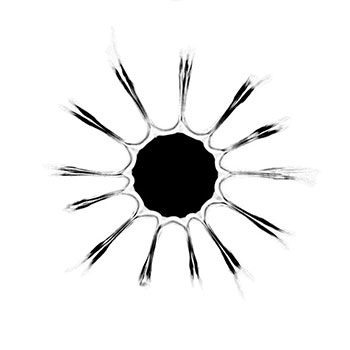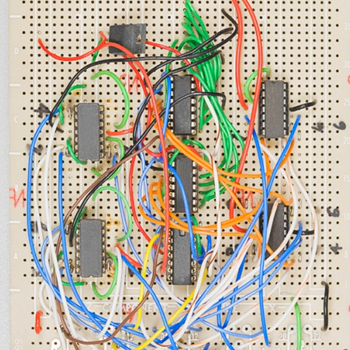If a fertilized egg cannot reach the uterus, what is the most likely result?
2 Answers
The uterus will release stored blood and nutrients, in a process called menstruation and also commonly called a "period".
Explanation:
A woman's reproductive system works on a roughly 28-day cycle (some women having faster systems, others slower). The cycle, called the Menstruation Cycle, is the process where an unfertilized egg is released from an ovary and has a chance to become fertilized.
Here's an overview of the anatomy involved: )
)
An egg (during Ovulation) makes its way from an ovary (they alternate each month in releasing eggs), through the associated fallopian tube (during the Luteal Phase), and into the uterus.
The uterus, at the start of the cycle, begins to fill with blood and nutrients, in preparation for receiving and nurturing a fertilized egg.
If fertilization occurs, pregnancy results - the uterus houses the fertilized egg as it divides and specializes and over the course of 9 months becomes a baby.
If fertilization does not occur (and usually it doesn't - consider that a woman's Menstruation Cycle typically starts in or around age 12 and will continue until the 40+ year old mark, and so that is roughly
Here's a graphic to help see the Cycle:
 )
)
Another answer to this question is that when a Fertilized Egg does not reach the uterus, something called Ectopic Pregnancy happens.
Ectopic means an embryo grows outside of the uterus.
This process is very life threatening to a woman and her baby because once the embryo grows as a fetus, the fallopian tube may rupture and cause severe internal bleeding which may result in a miscarriage or abortion of the pregnancy.
There could occur something that is called the ectopic pregnancy.
Explanation:
The first one to describe it was Abu al-Qasim al-Zahrawi.
What basicaly ectopical pregnancy is that the fertilised oocyte attaches, outside a uterus, to the Fallopian tubule and continue embryological development there.



